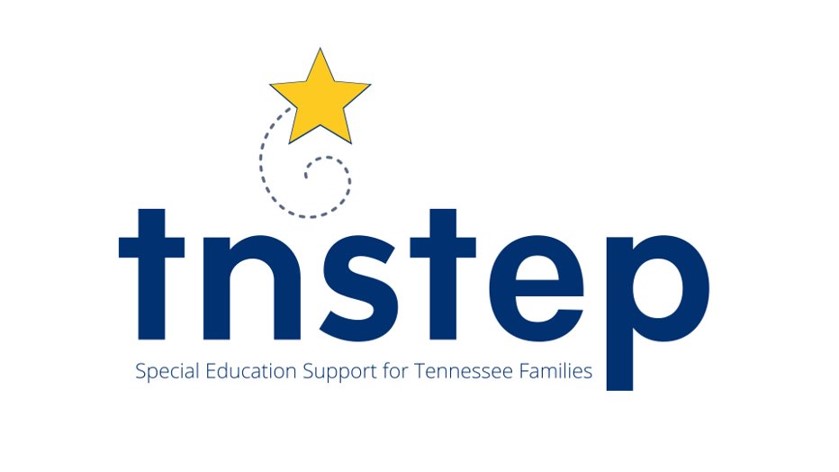According to one of his nominations, “His work through this group has benefited children with disabilities, their parents and guardians, educators, service providers and a host of local nonprofits that work with students with disabilities. There have been many changes in the local school system and the systems of adjacent counties because of Dr. Horne’s efforts.” From the impetus of his own family situation, Dr. Horne has created a community initiative that has positively impacted acceptance rates in Hamilton County. According to another of his nominations, “More students are now educated in their home-zoned schools and general education classrooms, due to Dr. Horne’s quiet but persistent leadership.”
Wesley Rice Youth Advocate of the Year
McKenzie was the first student with exceptional needs to be inducted to the National Honor Society at White’s Creek High School, as well as being voted Vice President of her Sophomore class by her peers. She is a varsity cheerleader, the first-ever nonverbal cheerleader at her school. She has been highlighted in the press and in a technology catalog and presents annually to the Alternative and Augmentative Communication class for speech-language pathology graduate students at Vanderbilt. Most recently, she and her parents attended Disability Day on the Hill where they met with legislators to advocate for laws supporting individuals with disabilities.
McKenzie proves that everyone deserves the chance to engage in activities they love, regardless of their abilities. Her mission in life is to educate others and give a voice to all individuals with disabilities.
Scott Finney Self-Advocate of the Year
Scott Kramer is an autistic adult who is a very effective and committed self-advocate and advocate. He founded the GCA Centre for Adult Autism, Southeast USA in early 2011. Initially established as a local, adult-only support group for individuals on the spectrum, GCA has expanded to include social support groups from the Tri-Cities area of Northeast Tennessee to the Metro Atlanta, GA area. Despite his own challenges, Scott has enhanced the size and reputation of GCA’s Annual Southeast Adult Autism Symposium, which is now in its 3rd very successful year. It features adults with autism as presenters, session facilitators, and exhibitors, along with numerous agency and organization representatives who provide services for this population.
positive change.

